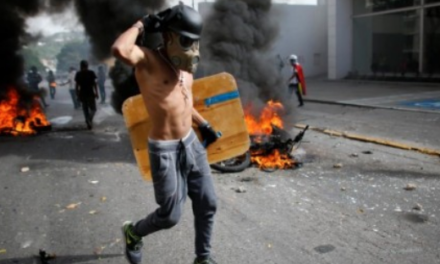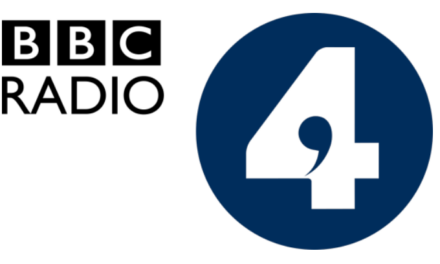On July 23, NPR posted an excerpt of a nice conversation I had with John Otis on the difficult road ahead for the Venezuelan opposition, human rights defenders on the ground, and the international community. I noted that Maduro’s hand is far stronger than it did a year and a half ago, while the opposition’s is far weaker. The conditions in the upcoming December legislative elections will fall short of free and fair, and the day to day reality in Venezuela continues to worsen, with no sign of a solution in the short term.
The Maduro regime has the opposition in a familiar bind: divided over next steps, with support for the leadership flagging. As I told NPR, while it’s in Maduro’s interest to weaken the opposition, he is also aware of the benefit of maintaining limited spaces for political participation. This stokes natural divisions among opposition parties, while also allowing Maduro to claim a veneer of democratic legitimacy.
The current dynamic also poses a conundrum to international allies of the opposition. The constitutional mandate of the opposition majority in the National Assembly will expire on January 5. While the Guaidó leadership has signaled that it will continue to claim the interim presidency because of the lack of credible conditions in the upcoming legislative elections, it is not clear whether the international community will accept this interpretation. This is particularly true in the European Union, where most countries that recognize Guaidó as interim president actually maintain diplomatic relations with Maduro.
Given that the future of international recognition of Guaidó is so uncertain, the apparent lack of any new strategy or revised theory of change is all the more disheartening.



